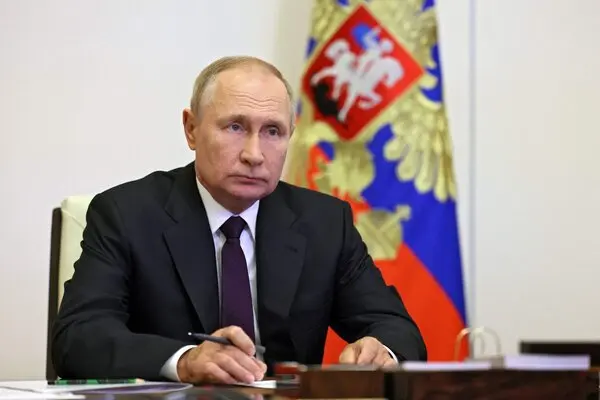Amid the Russia-Ukraine conflict in 2022, the United States braced itself for the possibility of a nuclear strike by Moscow against Kyiv, marking what would have been the first nuclear attack since the US dropped atomic bombs on Hiroshima and Nagasaki nearly eighty years ago, as reported by CNN citing two senior administration officials. The Biden administration expressed particular concern over the potential use of a tactical or battlefield nuclear weapon by Russia.
In response to these fears, the US sought support from non-allied countries, including India, to dissuade Russia from carrying out such an attack. The outreach efforts aimed to demonstrate international concern and emphasize the potential consequences of such actions. Prime Minister Narendra Modi and leaders from other key countries played a significant role in averting the crisis through their public statements and diplomatic interventions.
India, in particular, has consistently condemned civilian casualties and advocated for a peaceful resolution to the conflict between Russia and Ukraine. PM Modi’s statement to President Putin during the SCO summit emphasized that “this is not the era of war,” reflecting India’s stance on the matter. India’s position also found mention in the G20 communique under India’s presidency.
During the tense period from late summer to fall 2022, the US National Security Council held several meetings to develop contingency plans in case of a nuclear attack by Russia. The administration aimed to prepare for various scenarios, including preemptive or deterrent measures in the event of an imminent threat or an actual attack.
Notably, late summer 2022 witnessed significant setbacks for Russian forces in Ukraine, with Ukrainian forces advancing on Russian-occupied Kherson in the south. The potential loss of Kherson was seen as a critical moment that could prompt Russia to consider drastic measures, including the use of nuclear weapons.
Additionally, Russia allegedly circulated a false narrative about a Ukrainian dirty bomb, raising concerns among US officials about a potential pretext for a nuclear attack. Despite these developments, there was no intelligence indicating that Russia was mobilizing its nuclear forces for such an attack.
Throughout the crisis, the US closely monitored Russia’s nuclear activities but found no evidence of preparations for a nuclear strike. The collective efforts of the international community, including diplomatic interventions and public statements, played a crucial role in preventing the escalation of tensions and averting a nuclear crisis.
While the specter of a nuclear conflict loomed during the Russia-Ukraine conflict in 2022, diplomatic efforts and international cooperation helped mitigate the risks and maintain stability in the region.














